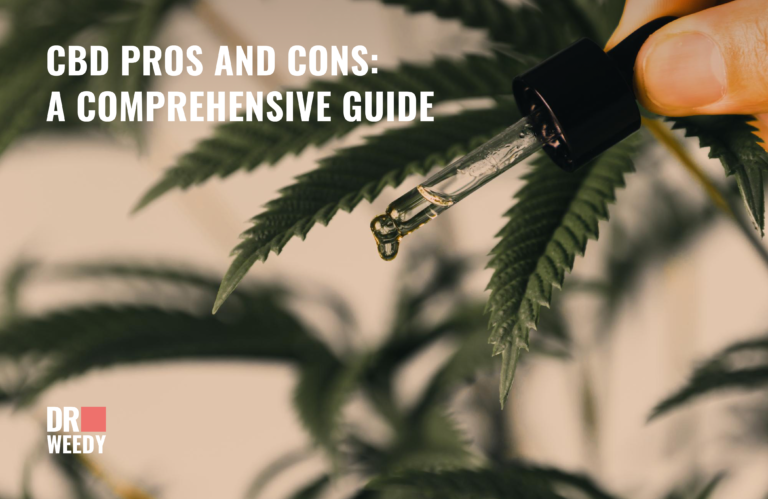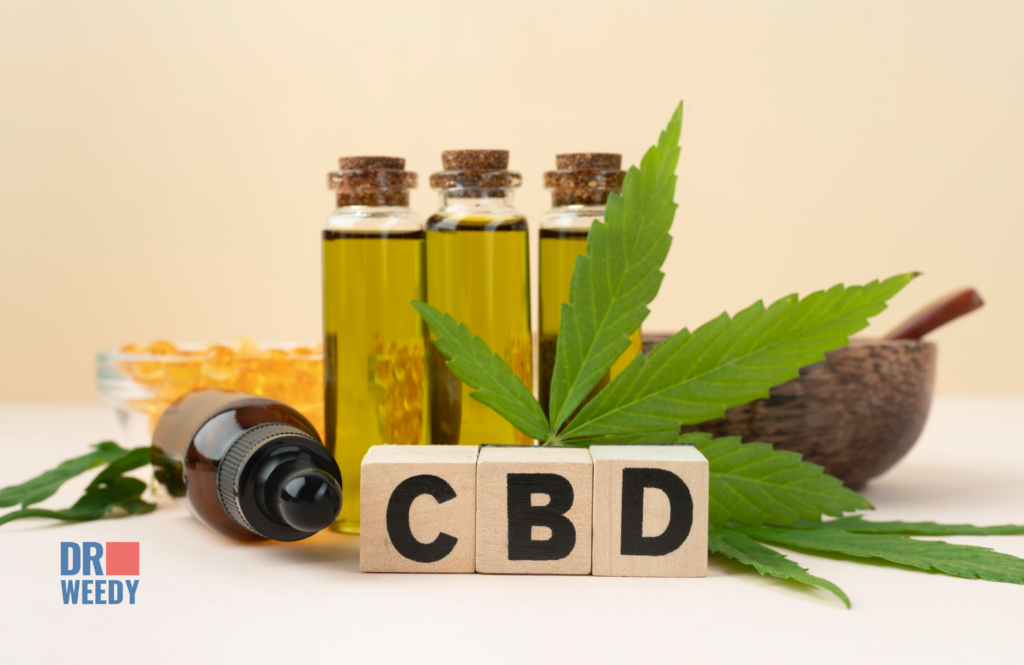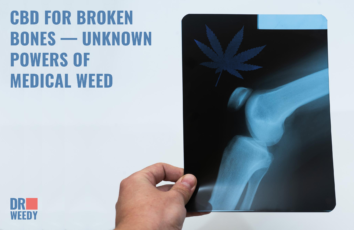CBD Pros and Cons: A Comprehensive Guide

In recent years, Cannabidiol (CBD) has become a household name due to its increasing popularity as a natural remedy for various health issues. From relieving anxiety to reducing pain and inflammation, the therapeutic benefits of CBD are wide-ranging. But just like any other product, it comes with its set of pros and cons. In this comprehensive guide, we’ll delve into the world of CBD, discuss its potential benefits and drawbacks, and provide you with all the information you need to make an informed decision.
Understanding CBD: A Brief Overview
CBD, short for Cannabidiol, is a naturally occurring compound found in Cannabis sativa plants. Unlike its cousin, delta-9-tetrahydrocannabinol (THC), which is the major active ingredient in marijuana, CBD is non-psychoactive, which means it doesn’t cause the “high” associated with marijuana.
How Does CBD Work?
CBD works by interacting with the body’s endocannabinoid system (ECS). The ECS is a complex biological system involved in regulating various functions like sleep, appetite, pain, and immune system response. By influencing the activity of this system, CBD can have far-reaching effects on our health.
The Extraction Process: How CBD is Derived

There are various methods of extracting CBD from cannabis plants, but the two most common ones are ethanol extraction and CO2 extraction. The quality and purity of the resulting CBD product greatly depend on the extraction process used.
CBD Pros and Cons
To understand the effectiveness of CBD, it’s vital to explore both its benefits and potential downsides. Below we discuss the various pros and cons of CBD.
Pros of CBD
Pain Relief
One of the most touted benefits of CBD is its ability to alleviate pain. Studies have shown that CBD may reduce chronic pain by impacting endocannabinoid receptor activity, reducing inflammation, and interacting with neurotransmitters.
Anxiety and Depression Reduction
CBD has shown promise as a treatment for both depression and anxiety, leading many who live with these disorders to become interested in this natural approach.
Neuroprotective Properties
Researchers believe that CBD’s ability to act on the endocannabinoid system and other brain signaling systems may provide benefits for those with neurological disorders.
Heart Health
Recent research has linked CBD with several benefits for the heart and circulatory system, including the ability to lower high blood pressure.
Potential Anti-cancer properties
Some studies have explored the role of CBD in preventing cancer cell growth, but research is still in its early stages.
Cons of CBD
Potential Side Effects
CBD is generally well tolerated, but it can cause side effects, such as fatigue, diarrhea, changes in appetite, and weight gain or loss.
Lack of Regulation
Currently, the FDA does not regulate the safety and purity of CBD products, which means the quality can vary widely. However, it’s important to note that in the near future, the situation may change, and there could be potential updates regarding the FDA’s oversight and regulations for CBD products. As of now, consumers should remain vigilant about the varying quality of these products until any new developments are implemented.
Interaction with Other Medications
CBD can interact with certain medications, potentially altering their effects.
Uncertain Long-term Effects
While CBD is generally considered safe, the long-term effects of its use are still unknown.
Different Forms of CBD

CBD is available in various forms like oils, tinctures, edibles, capsules, creams, and vaping liquids. Each form has its pros and cons, and choosing the right one largely depends on individual needs and preferences.
Who Uses CBD and Why: Insights and Statistics
CBD has been embraced by a wide spectrum of individuals across the globe for various reasons. These range from chronic pain sufferers to individuals struggling with mental health issues such as anxiety and depression, as well as those seeking potential neuroprotective and heart health benefits.
According to a survey conducted by Consumer Reports in 2019, approximately 64 million Americans had tried CBD in the past two years. The reasons for use varied greatly. A majority of them reportedly used CBD for therapeutic reasons such as managing pain, anxiety, and sleep problems. Other users turned to CBD in a bid to improve overall wellness, to relax, or as an aid in exercise recovery.
Notably, the use of CBD is not limited to a specific age group. Although it’s most popular among young adults (with one in five Americans between the ages of 18 and 29 having used CBD), its use is growing among older adults as well. A 2020 survey by the Arthritis Foundation found that 29% of its respondents reported using CBD for arthritis symptoms.
This growing use of CBD, driven by its wide-ranging potential benefits, underscores the importance of understanding the pros and cons of CBD. As we have discussed in this guide, CBD has numerous potential benefits, but it’s also essential to consider potential side effects and interactions. As always, consult a healthcare provider before starting any new treatment regimen.
Considerations Before Using CBD

Before starting CBD, there are several things to consider, including the legality of CBD in your area, potential drug interactions, and consulting with a healthcare provider experienced in cannabis use.
FAQs About CBD Pros and Cons
What are the most common side effects of CBD?
The most common side effects of CBD include fatigue, diarrhea, changes in appetite, and weight changes.
Does CBD get you high?
No, CBD is non-psychoactive, which means it doesn’t cause a “high” like THC.
Can CBD interact with other medications?
Yes, CBD can interact with certain medications, potentially altering their effects. It’s important to consult with a healthcare provider before starting CBD.
Is CBD legal?
The legality of CBD varies by country and state. In many parts of the U.S., CBD derived from hemp is legal, but CBD derived from marijuana is not.
How is CBD taken?
CBD can be taken in various forms, including oils, capsules, tinctures, edibles, creams, and vaping liquids.
What are the potential benefits of CBD?
CBD may offer a range of benefits, including pain relief, anxiety and depression reduction, neuroprotection, heart health improvement, and potential anti-cancer properties.
Conclusion
CBD, with its wide array of potential health benefits and few side effects, has become a popular choice for many seeking natural treatments. However, as with any other product, the key to effective use is understanding both the pros and cons. We hope that this comprehensive guide helps you in your journey of exploring the world of CBD.
























